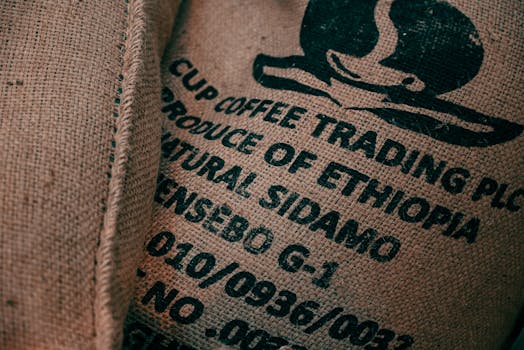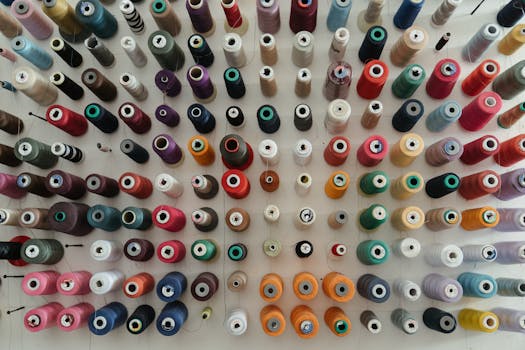Natural Fibers, Global Markets: Africa’s Role in the Sustainable Textile Revolution

Natural Fibers, Global Markets: Africa’s Role in the Sustainable Textile Revolution
Natural Fibers, Global Markets: Africa’s Role in the Sustainable Textile Revolution

Natural fibers, global markets, and Africa’s role in the sustainable textile revolution are intricately linked. The global textile industry is undergoing a significant transformation, driven by the increasing demand for sustainable and eco-friendly products. Africa, with its rich resources and growing textile industry, is playing a vital role in this revolution. The focus on natural fibers, such as cotton, wool, and silk, is not only reducing the environmental impact of the textile industry but also creating new opportunities for African economies.
The sustainable textile revolution is not just a trend, but a necessity. The textile industry is one of the largest polluters in the world, with the production and distribution of synthetic fibers contributing to greenhouse gas emissions, water pollution, and waste management issues. In contrast, natural fibers are biodegradable, require less water and energy to produce, and can be grown using sustainable agricultural practices. As consumers become more aware of the environmental and social impact of their purchasing decisions, the demand for sustainable textiles is increasing, driving the growth of the natural fiber market.
Africa’s Natural Fiber Resources

Africa is home to a diverse range of natural fibers, including cotton, wool, silk, and hemp. The continent’s tropical and subtropical climates make it an ideal location for growing cotton, which is one of the most widely consumed natural fibers in the world. African countries such as Egypt, South Africa, and Morocco are among the top cotton-producing countries in the world. In addition to cotton, Africa is also a significant producer of wool, with countries such as South Africa and Morocco having large sheep populations.
The production of natural fibers in Africa is not only contributing to the global market but also providing economic benefits to local communities. Small-scale farmers and artisans are involved in the production and processing of natural fibers, which is creating employment opportunities and generating income. The growth of the natural fiber industry in Africa is also attracting investment, with international companies establishing partnerships with local producers to source high-quality natural fibers.
The Global Market for Natural Fibers

The global market for natural fibers is growing rapidly, driven by the increasing demand for sustainable textiles. The market is expected to reach $50 billion by 2025, up from $30 billion in 2020. The growth of the market is being driven by the fashion industry, which is under pressure to reduce its environmental impact. Major fashion brands such as Patagonia, Reformation, and H&M are incorporating natural fibers into their products, which is driving the demand for sustainable textiles.
The global market for natural fibers is also being driven by government initiatives and policies. Many countries are implementing regulations to reduce the environmental impact of the textile industry, such as the European Union’s Circular Economy Package, which aims to reduce waste and increase the use of recycled materials. In addition, governments are providing incentives for companies to invest in sustainable practices, such as tax breaks and subsidies for the production of natural fibers.
Africa’s Role in the Sustainable Textile Revolution

Africa is playing a significant role in the sustainable textile revolution, driven by the increasing demand for natural fibers. The continent’s rich resources and growing textile industry are contributing to the global market’s shift towards eco-friendly and sustainable practices. African countries are investing in the production and processing of natural fibers, which is creating employment opportunities and generating income for local communities.
In addition to the economic benefits, Africa’s role in the sustainable textile revolution is also having a positive impact on the environment. The production of natural fibers is reducing the demand for synthetic fibers, which is decreasing greenhouse gas emissions and water pollution. The use of sustainable agricultural practices in the production of natural fibers is also promoting biodiversity and reducing the use of chemicals and pesticides.
However, despite the many benefits of Africa’s role in the sustainable textile revolution, there are also challenges that need to be addressed. The production of natural fibers is often labor-intensive and requires significant investment in infrastructure and technology. In addition, the global market for natural fibers is highly competitive, and African producers need to ensure that their products meet international standards and are competitive in terms of price and quality.
See more:








